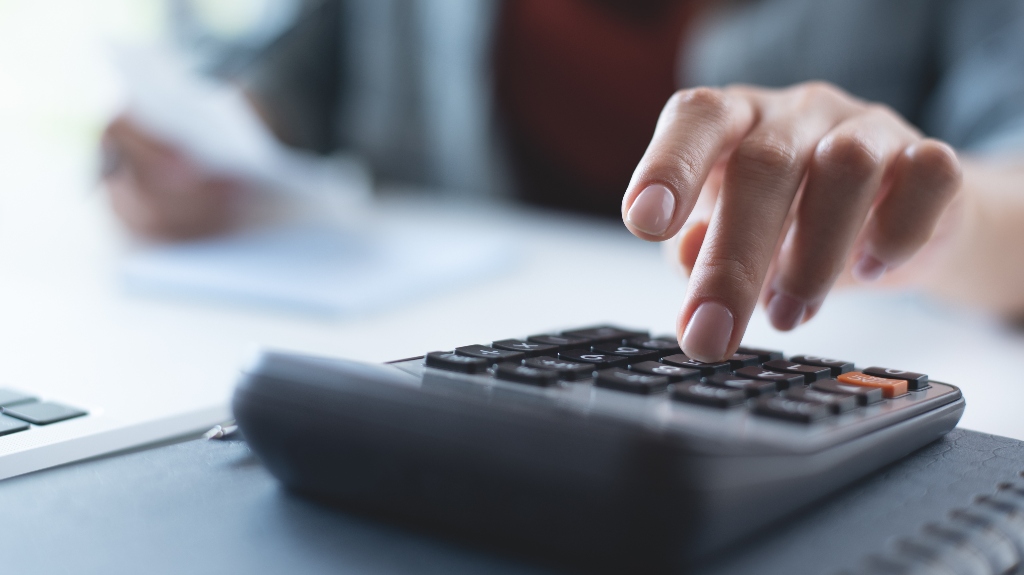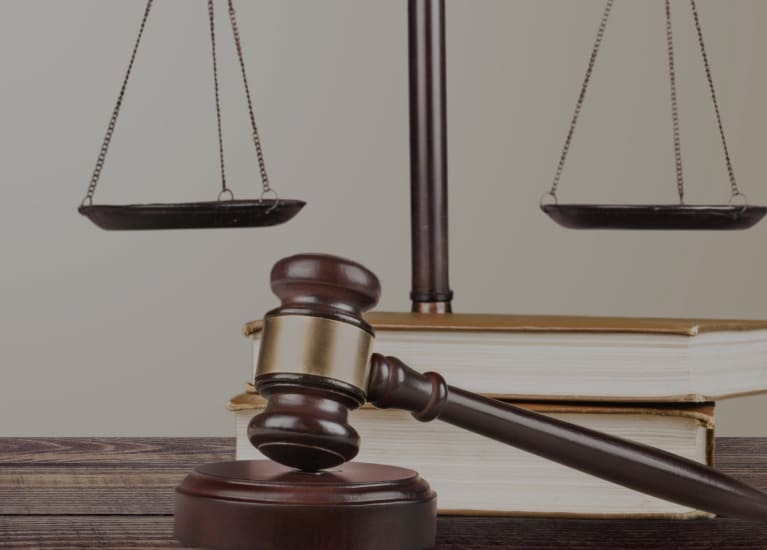
Illinois tax structure isn’t considered onerous for individuals, who pay a flat income tax rate. Small and large businesses, however, have many hurdles to clear to stay on the right side of the State Department of Revenue because Illinois ranks 37th in the country for its business tax burden. Knowing what to pay and when to pay is key to avoiding penalties and other late fees.
If sorting out which taxes you owe and when to pay them is an issue, consider consulting a tax attorney who can help you streamline the process.
Punishing Penalties for Late Tax Payments in Illinois
A software glitch, loss of an accountant, or records mix-up are all it takes to fall behind during tax time in Illinois. Be aware that the state levies penalties immediately, so quick action is crucial. Filing your return, even if your taxes remain unpaid, is the best course of action as it halts a late filing penalty that accrues quickly. Failing to file taxes while also failing to pay the amount due is particularly painful, as you’ll be assessed financial penalties for both.
Penalties assessed by Illinois include:
- Late-filing penalty: (if your tax forms are not filed on time but your taxes are paid) the lesser amount of two percent of tax due or $250, plus an additional two percent or $250 if more than 30 days late. This penalty is capped at $5,000.
- Late payment penalty: two percent of the tax due if late 30 days or less; 10 percent of tax due if more than 30 days late. If your income taxes are not paid promptly, the state of Illinois can garnish your wages within a couple weeks.
- Bounced check fee: $25 per check.
- Collection fee: $30-$100.
Keep in mind that property taxes owed to an Illinois county may incur similar penalties if not paid on time. Even if you never received a bill, you are responsible for prompt payment. Unpaid property taxes will result in a lien on your home.
The Internal Revenue Service (IRS) levies a 5 percent penalty per month for failing to file and pay federal income taxes on time.
How to Avoid Penalties for Late Tax Payments

It’s natural to panic when faced with escalating penalties for not paying your taxes. But if you take a strategic approach you can reduce the fines and fees. Here are some tips:
- Contact the Illinois Department of Revenue to get information about and approval for a payment plan, or use the My Tax Illinois website to set up a payment plan using a debit card.
- Any amount you can pay when you file your taxes will reduce potential penalties. Late payment penalties are assessed on the overdue amount, so paying half of the total due is better than not paying anything.
- Seek a waiver. If you’re experiencing a major illness, a natural disaster, or another situation beyond your control you may submit a request for a waiver through the Illinois Department of Revenue (by mail).
- If you believe your property taxes are incorrect (such as the wrong amount), contact the county offices immediately to make an appeal and to avoid being fined for late payment.
- Ask about programs like the state’s Voluntary Disclosure Program that allows you to rectify issues with the last four years of returns before an audit.
Seek Professional Help to Reduce Tax Payment Penalties
An experienced tax attorney from Legacy & Life Law Firm can help untangle your unpaid taxes and stop the punitive liens, garnishments, and interest-bearing penalties. With our expertise we can negotiate the best terms for you and set up accounts that automatically pay taxes in the future, providing peace of mind.
